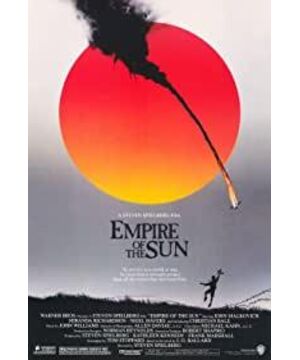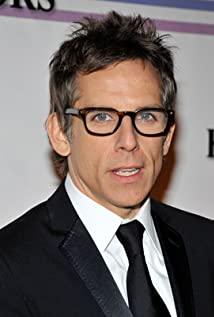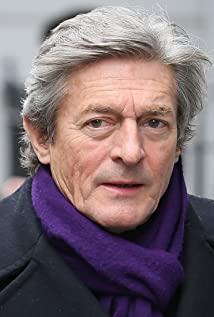An "other" movie.
The first other is a foreigner living in Shanghai. In the midst of the war, foreigners in the concession area lived a very different life from the Chinese outside the area. They are in Shanghai during the war, but they are as leisurely as they are on vacation in their own kingdom. They feasted, drank and had fun, and they talked about the war casually, predicting the winner of the war, in a relaxed tone, as if talking about a trivial matter. They don't really care who wins or loses, nor is it their Shanghai.
The second other is the child. War seems to be an adult matter, and it is still the child's protagonist who does not understand the standpoint of the adult world, morality, justice and evil, nor how much death and suffering the plane he pursues represents freedom and infinity. Even though he wandered into the concentration camp in a skilled manner, he learned to imitate in the war, but he still did not become an "adult". So while the Japanese sang the warrior song, he stood in front of the iron net calling for his mother.
The third other is the vague identity. The downfall brought by the war allows the protagonist to learn to survive, and also brings the invisible logic of the strong. He's both right and left, constantly changing positions, but in reality he's neither Japanese (desire to fly) nor American (desire to leave), and in the process he loses his British identity. For the protagonist, his problem is returning home. "I don't remember my parents' faces" is the core of the whole film. From the Welsh nursery rhyme to the same song, the whole film is filled with his strong nostalgia.
Spielberg once filmed "Schindler's List" indicting the crimes of the Nazi Holocaust, and this film, which is also set in the context of World War II, is estimated to have made many people have the same expectations. Of course, this is still anti-war, but behind the anti-war, what I see is the lost identity and vague homeland of a British. So its tone is personal, it doesn't mean to tell the misery of Shanghai and the sins of the military, it just tells the story of the other in a foreign land.
This also creates a fourth other. Spielberg couldn't understand Shanghai's suffering, nor could I have a high level of empathy with the protagonist.
It might be a good story, but it wasn't for me.
View more about Empire of the Sun reviews











